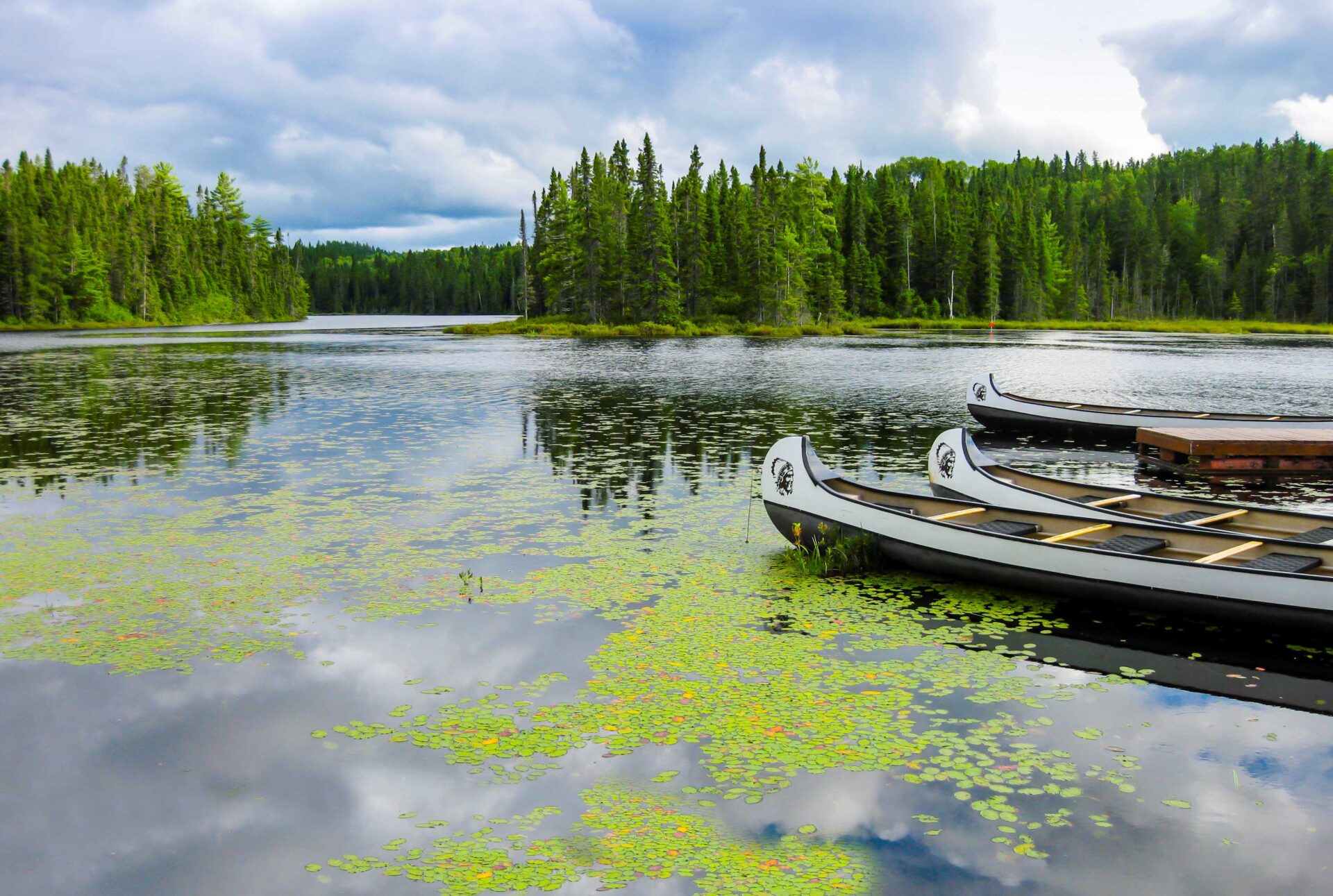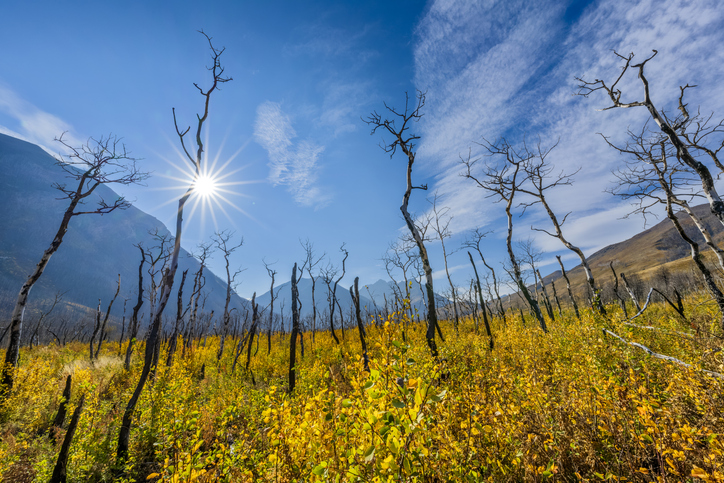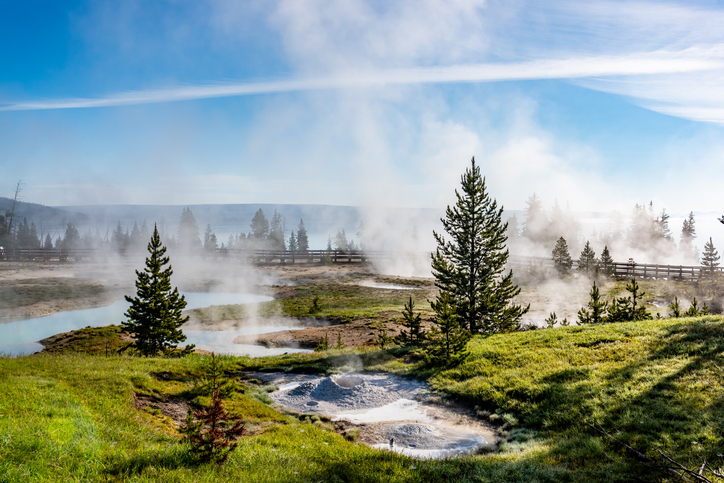Monday, September 29, 2025
The First Nations-Canada Joint Committee on Climate Action (JCCA) released its seventh annual report to the Prime Minister and the National Chief. The Annual Report outlines the steps taken toward a stronger and more transparent climate partnership, highlighting JCCA’S commitment and progress towards the shared goals of advancing First Nations climate leadership. This includes the full partnership of First Nations in all federal climate policy and supporting self-determined climate action.
The Assembly of First Nations (AFN) and the Government of Canada have been working in close partnership to advance climate action since 2017. The success of this partnership relies on meaningful respect and implementation of First Nations’ rights, title, governance, and leadership.
“This annual report is a reminder of the importance of collaboration between First Nations and the Government of Canada as we face the ongoing challenge of climate change,” said Julie Dabrusin, Minister of Environment and Climate Change. “There is still much to be done, but we will continue to work together to advance shared priorities, address barriers to federal climate funding, and support First Nations in accessing capacity and tools to lead climate action in their communities. I look forward to continuing to work with all JCCA members to advance climate policy and action through this partnership.”
In 2024, the JCCA focused its efforts on several areas, including the following:
- Analyzing, reporting and proposing solutions to address identified gaps and challenges in First Nations access to federal climate change-related funding.
- Strengthening intergenerational and intersectional dialogue, continuing to create spaces for the inclusion and promotion of Indigenous youth voices by hosting youth sessions at each of its meetings.
- Reviewing and updating the JCCA mandate based on lessons from the JCCA five-year review.
For 2025, the JCCA has committed to holding discussions and making progress on four priorities:
- Uplifting First Nations Climate Leadership in federal policy and programs;
- Monitoring progress and delivering results for First Nations;
- Strengthening dialogue through long-term relationship-building; and
- Improving communication and broadening the reach of the JCCA.
The JCCA works actively to ensure that at minimum the standards of the United Nations Declaration on the Rights of Indigenous Peoples—including the right to free, prior and informed consent—are considered meaningfully in federal climate policy and programs, enabling the direct contributions of First Nations youth, women, Elders and participants from every region.
“The growing frequency and severity of impacts on First Nations from increasing temperatures, raging wildfires, and other extreme climate events all demonstrate the absolute need for climate action taken collaboratively with First Nations,” said AFN National Chief, Cindy Woodhouse Nepinak.
“We need better environmental stewardship and that requires respect of First Nations rights and title. First Nations continue to demonstrate climate leadership in our governance and stewardship of the Lands and Waters. The JCCA report highlights the transformative approaches and leadership of First Nations. There must be direct investment in First Nations capacity-building and climate-adaptation practices and our full inclusion in emergency management and development decision-making.”
For further information, visit:
Featured photo credit: Getty Images












